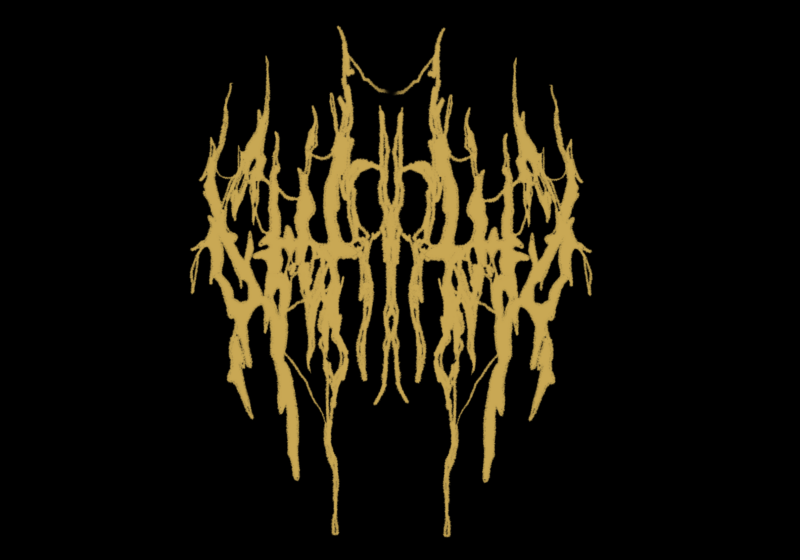Results of UR’s HIV vaccine trials were released Monday, revealing the effectiveness of the third phase of a recent study. Although the vaccine proved to be generally ineffective in producing antibodies to fight the virus, it was somewhat more effective for black and Asian volunteers.
“The vaccine provided fairly robust protection in African-Americans,” the Principal Investigator for the trials and Director of the HIV Vaccine Trials Unit, Dr. Michael Keefer said.
UR’s Medical Center is part of an international network of sites, which encompasses 25 sites on five continents.
The studies here, set up by the National Institute of Health began in 1988 and pioneered HIV vaccine testing, recruiting some of the very first vaccine volunteers ever.
Keefer has been at Strong since 1987 and has worked with this program almost since its inception. “Rochester has a long history of vaccine studies and antiviral medicines. We have as much experience as anyone anywhere,” Keefer said. “People in Rochester care about what goes on in the world.”
700 local volunteers have participated in the HIV vaccine trials over the years. In fact, Rochester has the highest per capita volunteers of any city in the world.
“Locally, we always need research subjects,” Keefer said. “From each study, we learn a little bit more about a potential vaccine.”
The virus differs by location and this most recent study focused on an American vaccine. “The virus mutates frequently and we’re not sure what’s the best target,” Keefer said.
Four studies have already been completed and six are in the planning. The next study will target the form of HIV that is prevalent in Africa — where the need is even greater, according to Keefer.
“There is a constant need for volunteers,” Clinical Coordinator Cathy Bunce said. “We really need the help of many people to help us reach this goal of eradicatng this deadly disease.”Bunce added that the HIV vaccine is the best hope in eradicating the AIDS virus.
“It’s an urgent need — every six seconds on average somewhere in the world, another person is infected with HIV,” Keefer said.
The trials last a year to 18 months and require visits every one to three months. The vaccine is first administered to a volunteer and then blood is taken on subsequent visits to monitor the response. There is no risk of contracting HIV because the vaccine is synthetic — meaning it does not contain the virus. Volunteers must be HIV negative and healthy and between the ages of 18 and 60.
Vaccine studies are double-blind, meaning that neither the patient nor those performing the testing know which patients recieve vaccines and which recieve a placebo.
Volunteers are financially compensated to cover travel expences and incidentals, but the money is not meant to attract volunteers.The most frequently reported side effects from the HIV vaccine are typical and include soreness at the injection site, slight fever and muscle aches.
“This is a way to add a piece of the puzzle to make this a part of history,” Keefer said. “The recent results demonstrate that now is the time to renew our efforts to put an end to this disease.”
For more information, visit www.shakenANDstirred.org.
Yunis can be reached at tyunis@campustimes.org.




